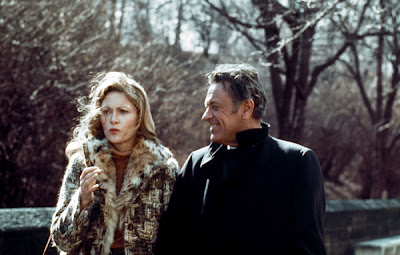William Holden (1918-1981)
 |
| Unforced masculinity from a bygone era. |
“I’m a whore. All actors are whores. We sell our bodies to the highest bidder.”
 |
| Selling out to Gloria Swanson in Sunset Boulevard (1950). |
“For me, acting is not an all-consuming thing, except for the moment when I’m actually doing it. There is a point beyond acting, a point where living becomes important. When you’re making a movie, you get up in the morning and you put on a cloak; you create emotions within yourself, send gastric juices rushing up against the lining of your stomach. It has to be manufactured.”
 |
| Acting out a midlife crisis in The Wild Bunch (1969). |
“I found the jungle a beautiful and fascinating place to be. I like to come here because I want to stay away from the jungle as much as I can.”
 |
| Low-key heroism in The Bridge on the River Kwai (1957). |
“I like to get into a situation that is real, where I can say, Here’s a chance to react as a human being, not some wound-up doll or robot that goes round and round a track, or a cardboard cutout like the character I played in The Towering Inferno.”
 |
| Faye Dunaway’s reality check in Network (1976). |
“Aging is an inevitable process. I surely wouldn’t want to grow younger. The older you become, the more you know; your bank account of knowledge is much richer.”
 |
| Don Draper, eat your heart out. |
“Movie acting may not have a certain kind of glory as true art, but it is damn hard work.”
My favorite Holden films: Sunset Boulevard (1950), Stalag 17 (1953), Executive Suite (1954), The Wild Bunch (1969), Network (1976)














